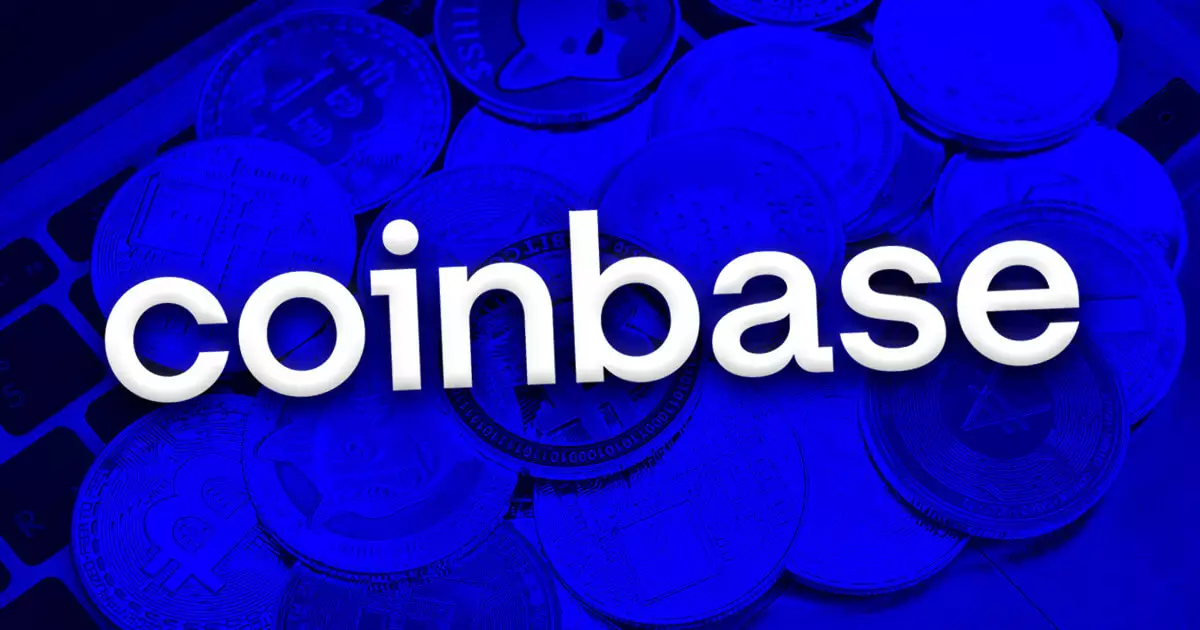The cryptocurrency landscape is characterized by rapid technological advancement and volatile market conditions, often leading to complex legal confrontations. One such confrontation is between the prominent cryptocurrency exchange Coinbase and BiT Global, sparked by the planned delisting of wrapped Bitcoin (WBTC). This situation delves deep into the intricacies of legal ramifications in the blockchain world, highlighting the tensions between compliance, consumer trust, and the influence of key individuals in the cryptocurrency space.
The Delisting Decision: Rationale and Implications
Coinbase’s determination to delist WBTC stems from significant concerns regarding its association with Justin Sun, the founder of TRON, who has a controversial reputation marked by allegations of fraud and market manipulation. The exchange articulated that the delisting wasn’t an arbitrary decision but rather a product of an extensive, months-long internal review process aimed at maintaining the integrity of its platform. In court documents, Coinbase emphasized that the lack of clarity surrounding WBTC’s reserves, compounded by Sun’s tumultuous background, posed what the exchange described as an “unacceptable risk” to its operational standards and user safety. Paul Grewal, Coinbase’s chief legal officer, criticized the lawsuit from BiT Global as a frivolous attempt to challenge the exchange’s prerogative to safeguard its platform and its users.
The allegations from BiT Global, which claims that Coinbase’s decision is an orchestrated move to favor its competing product, cbBTC, complicate the situation further. BiT contends that the delisting not only undermines their business model but also sends a damaging signal across the cryptocurrency ecosystem, potentially eroding consumer confidence in WBTC. This assertion indicates a potential legal exposure for Coinbase, as it navigates the balance between competitive strategy and ethical conduct within the crypto market.
BiT Global accuses Coinbase of engaging in unfair competitive practices, such as using the delisting to elevate its own competing asset over another. By framing the delisting of WBTC as a violation of California’s Unfair Competition Law, BiT has initiated a legal battle that brings attention to the need for regulatory frameworks within the cryptocurrency space. The legal discourse here is pivotal, as it brings forward questions pertaining to market ethics and the responsibilities of major exchanges to their users and competitors alike.
The timing of the delisting, scheduled for December 19, adds urgency to this legal confrontation. If the temporary restraining order (TRO) sought by BiT is approved, it will stall the delisting, creating a unique situation where the courts will have to consider the interests of competing cryptocurrencies alongside the operational standards set by exchanges like Coinbase. This development emphasizes the need for clarity in the relationship between exchanges and the assets they list or delist, especially as the market continues to evolve and grow increasingly competitive.
Consumer Trust and Market Dynamics
One of the core issues emerging from this litigation is consumer trust. BiT Global asserts that Coinbase’s actions could instigate a ripple effect among investors, potentially leading to a broader mistrust of WBTC and other pooled assets. In contrast, Coinbase has argued that the delisting decision aligns with its duty to uphold a secure trading environment. The divergence in perspectives underscores the significant impact that high-profile legal challenges can have on market sentiment, particularly in a sector where trust and confidence are paramount.
Moreover, the argument concerning the accessibility of WBTC for its holders post-delisting sheds light on practical implications facing investors. Coinbase contended that users can still engage with WBTC through various alternative platforms, suggesting that the market’s dynamics are broader than just one exchange’s operations. This notion points to the resilience of the cryptocurrency market, though it raises questions about the fairness of competitive practices in an industry often viewed as chaotic and speculative.
As investigations into Justin Sun’s activities further complicate the narrative, it becomes evident that the implications of this case extend well beyond the parties involved. The focus on Sun’s procedures highlights the increasing regulatory scrutiny in the cryptocurrency sector, a necessary evolution as these technologies become more mainstream. Coinbase’s actions, in this case, reflect an ongoing recalibration of risk management strategies by exchanges to protect both their integrity and their users.
This legal skirmish will warrant close observation as it unfolds, with a hearing set for December 18. The outcome could establish significant legal precedents for how platforms interact with contentious figures and entities in the crypto world. The case serves as a stark reminder of the complexities at play in cryptocurrency regulation, ethics, and business rivalry. Whether Coinbase’s decision will be upheld or challenged will influence not only the future of wrapped Bitcoin but also the broader dialogue surrounding safety and transparency in the burgeoning digital asset space.


Leave a Reply